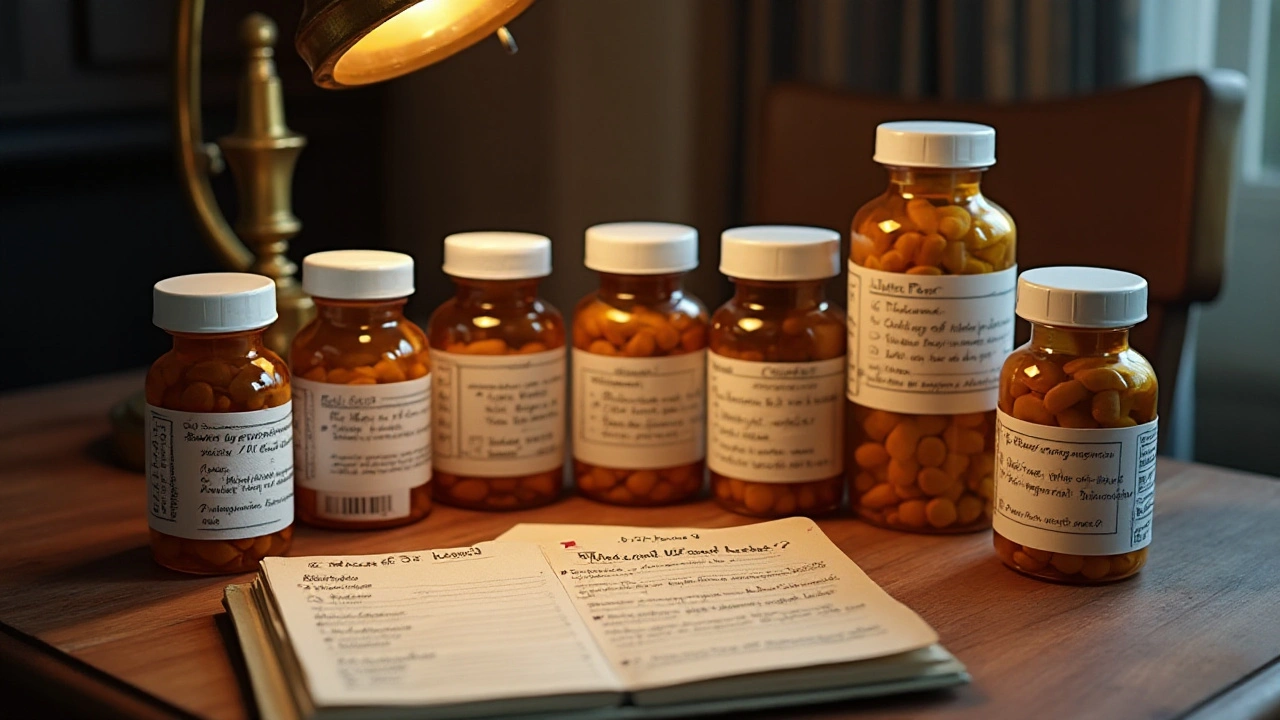Flagyl alternatives: what to try when metronidazole isn’t right
Mixing Flagyl (metronidazole) with alcohol can cause strong nausea and flushing — and side effects, allergies, pregnancy or past interactions make some people search for other options. If metronidazole isn’t a fit for you, here are practical alternatives, when they’re used, and what to discuss with your clinician.
Common alternatives and when they’re used
Tinidazole — very similar to metronidazole and often used for the same infections (bacterial vaginosis, trichomoniasis, some GI infections). It can work with fewer doses in some cases, but it still reacts with alcohol the same way. Ask your prescriber about tinidazole if convenience or side effects from Flagyl are a problem.
Clindamycin — available as an oral pill or vaginal cream/gel. Doctors commonly choose clindamycin for bacterial vaginosis when metronidazole isn’t suitable, or during pregnancy in certain situations. It doesn’t have the alcohol reaction, but it can cause diarrhea or, rarely, C. difficile infection. If you’ve had severe antibiotic-associated diarrhea before, bring that up.
Secnidazole — a newer single-dose option for bacterial vaginosis approved in some countries. It’s convenient because a single dose can be enough, but access varies by country and cost can be higher. Good to ask your provider if single-dose therapy fits your situation.
Topical or local treatments — sometimes a vaginal cream or gel (like clindamycin vaginal) is preferred to avoid systemic side effects. If systemic antibiotics cause nausea, liver issues, or interact with your meds, topical options reduce those risks while treating local infection.
How to choose the right option
Start by identifying the exact diagnosis: bacterial vaginosis, trichomoniasis, or a different infection. Tests matter. For example, trichomoniasis usually needs tinidazole or metronidazole, while BV has more choices. Bring a list of your current meds and health conditions — pregnancy, liver disease, and alcohol use all change the best choice.
Ask these quick questions when you talk to your clinician: Is this alternative as effective as Flagyl for my infection? Are there big side effects I should watch for? Does it interact with my other medicines or alcohol? How long will I need treatment, and does insurance cover it?
If cost or access is the issue, mention generic versions and pharmacy savings apps — many antibiotics have cheaper generics or coupon options. Always finish the full prescribed course unless your provider tells you otherwise, and report severe side effects right away.
Want help preparing questions for your appointment or comparing a specific alternative? Tell me which condition you’re treating and any health issues — I can give a short checklist you can bring to your doctor.

Discover the most effective alternatives to Flagyl available in 2024. This article provides a detailed comparison of seven alternative antibiotics, evaluating their suitability based on effectiveness, side effects, and dosing convenience. Explore options such as Tinidazole and Solosec, and understand the pros and cons of each. Gain insights into the ideal replacement for your needs.
Chris Gore Oct 31, 2024




